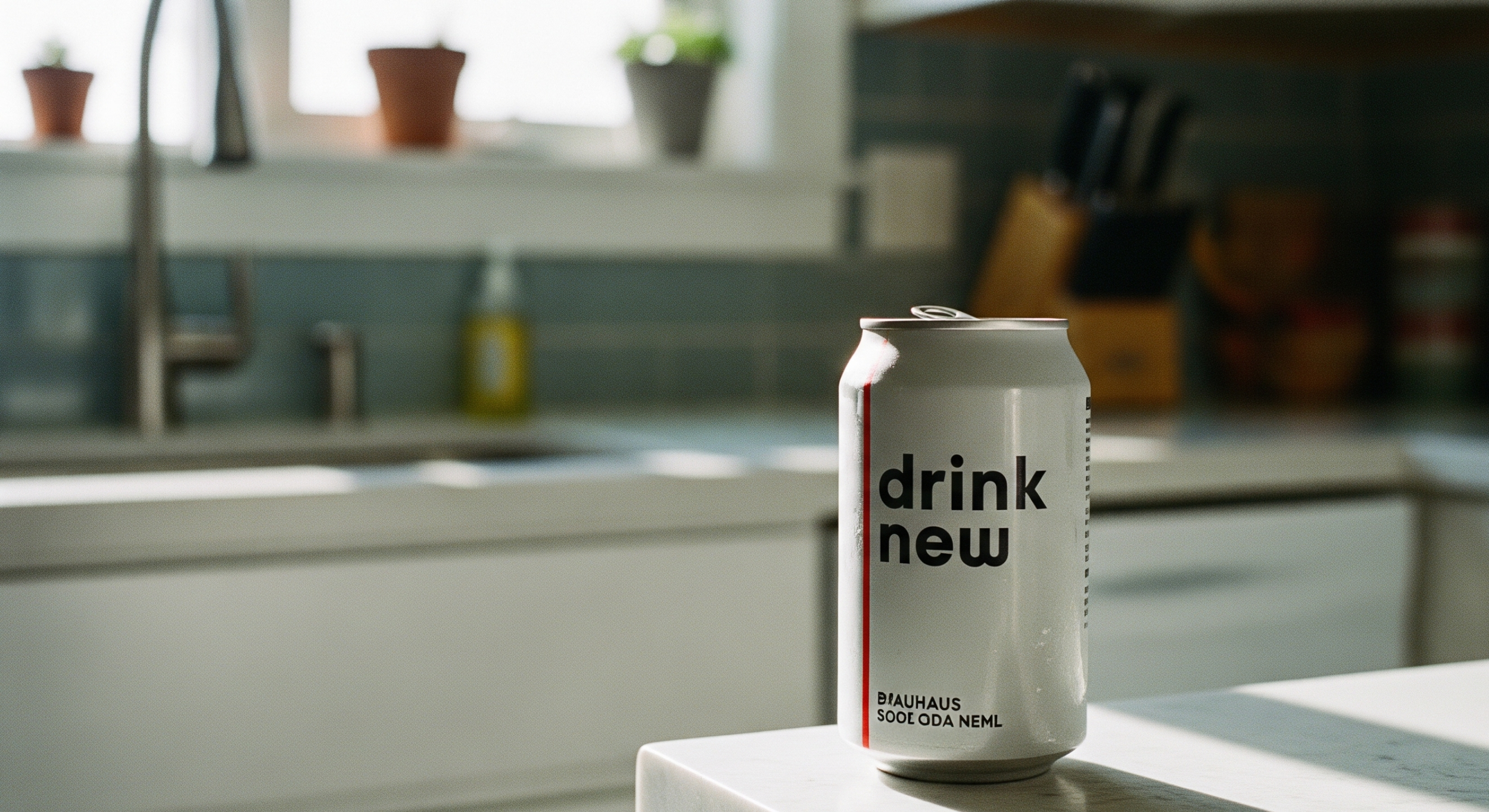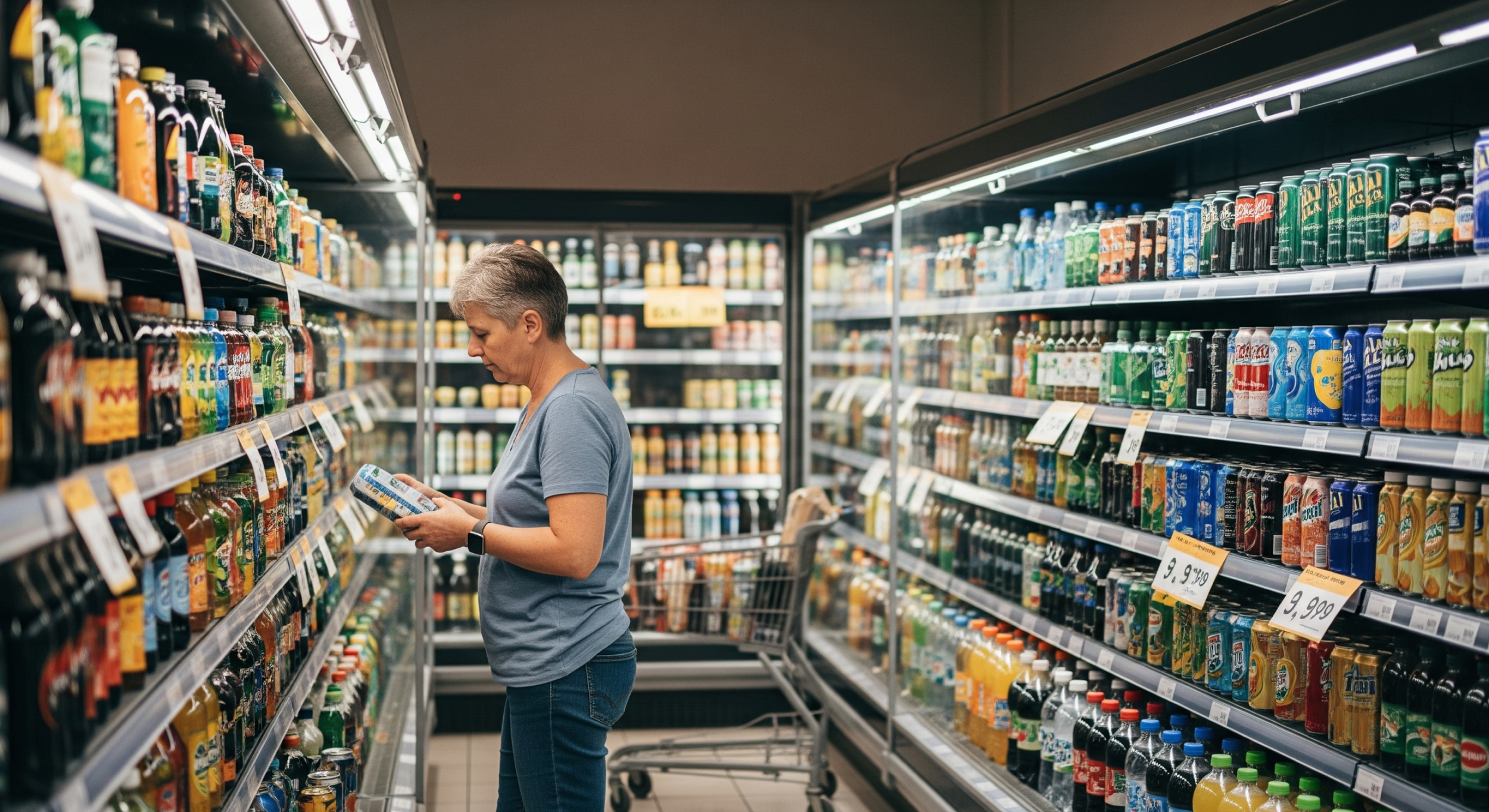Navigating Regulatory Hurdles: Ensuring Your Kombucha Stays Below the Alcohol Limit
Kombucha's popularity continues to soar, with an increasing number of consumers getting on board. It's loved for its refreshing flavour and perceived health benefits. But for many brewers, a key challenge bubbles beneath the surface: controlling alcohol content. Traditional kombucha, with its live cultures and active fermentation, can be notoriously unpredictable.
And that causes issues with unexpected ABV levels. Whether you're running your own operation, or you're in quality assurance, the challenge is the same. Getting this right is a regulatory challenge, and not just a quirk of the brewing process.
The Invisible Challenge: Unpredictable ABV in Traditional Kombucha
Traditional kombucha relies on a SCOBY (Symbiotic Culture Of Bacteria and Yeast) to ferment sweetened tea. This process naturally produces a small amount of alcohol as a by-product. But the issue is that it's hard to control. There's plenty of factors like temperature, sugar content, tea type, and fermentation time that can all influence the final ABV.
So why is kombucha alcohol content so hard to control? It's because a living culture is dynamic. Fermentation doesn't always stop exactly when you want it to. Even after your bottling stage, secondary fermentation can occur. That can also cause alcohol levels to creep up unexpectedly. It's this lack of predictability that creates a constant headache when it comes to quality control.
The High Stakes: Costs of Non-Compliance
Operating within legal alcohol limits is non-negotiable for non-alcoholic beverages. Exceeding these thresholds carries serious risks for your business.
What happens if kombucha goes over 0.5% ABV?
If your kombucha surpasses the legal alcohol limit for non-alcoholic beverages (typically 0.5% ABV in many markets), you enter a different regulatory category. This brings potential fines, costly product recalls, and even legal repercussions. But beyond direct penalties, your brand's reputation can suffer. Consumers expect a non-alcoholic product. Finding anything else erodes trust in the market that businesses rarely come back from.
How do I ensure my kombucha is legally compliant?
Many businesses invest heavily in frequent testing and monitoring to mitigate this risk. Whilst it's essential, it does add considerable labour and analytical costs. It also slows down your release cycles and increases overheads. And products that don't consistently meet compliance standards won't achieve major retailer listings. As you can imagine, this can be a huge limitation to your market reach.
Good Culture's Solution: Precision and Consistency
Any company looking to industrialise kombucha production faces the essential need for watertight processes. This is especially true when considering alcohol content. Achieving consistent ABV control is paramount for large-scale operations. It demands ingredients and methods that mean your product is consistently reliable, every single time. We understand this challenge deeply. That's why we've engineered our high-strength, long-aged fermented bases to eliminate the unpredictable. Our solutions give you a stable, reliable foundation for your beverages. It means you get consistent, low-ABV results batch after batch.
Our bases are designed to provide:
Standardised Batches: Achieving consistency across every production run is the key to scale. That's why every single batch of our fermented base is the same. This means uniform performance and sensory profiles in your final product. You deliver reliable quality, every time.
Stable Alcohol Levels: Controlling ABV is a constant concern for functional beverage manufacturers. We address this through our bases, which are always alcohol and sugar-free. They're formulated to remain virtually alcohol-free in the finished product. Our Organic Green Tea Fermented Base ensures finished products are <0.025% ABV. And our Organic Black Tea Fermented Base keeps them <0.04% ABV. This gives you confidence in your product's compliance.
Trusted Certifications: Securing market access hinges on third-party validation. Our products come with the benefit of being recognised globally for quality and consistency. They are SQF/GFSI accredited, Organic certified, Kosher, and Halal certified. These certifications are vital for building consumer confidence and securing those critical retailer listings.
Beyond Compliance: Unlocking Efficiency and Growth
Achieving consistent ABV goes beyond meeting regulations. It's also about optimising your entire production process. Consistent ingredients can improve production efficiency. A naturally stable product significantly reduces the need for extensive in-house testing. This cuts down on your analysis and labour costs. It also allows for faster product release to market at greater volumes. This efficiency is a game changer for scaling your operation.
What are the benefits of using a stable kombucha base?
Using a stable, high-strength base transforms your workflow. It allows you to produce more kombucha, more quickly, and more efficiently. This simplifies production and helps avoid common pitfalls.
Stability builds a reputation for reliability that retailers and consumers can trust. And it means you can focus on innovation and growth, rather than compliance anxieties. It’s also vital to help your product deliver the organoleptic experience consumers expect.
Your Partner for Peace of Mind and Quality Assurance
Navigating the complexities of alcohol content in kombucha requires precision. Our commitment to quality gives our partners complete confidence in their product. Working with a partner frees you to focus on what you do best: crafting exceptional beverages that meet market demand and drive growth.
To learn more and discuss your product development needs, schedule a no-obligation call with our expert team.




